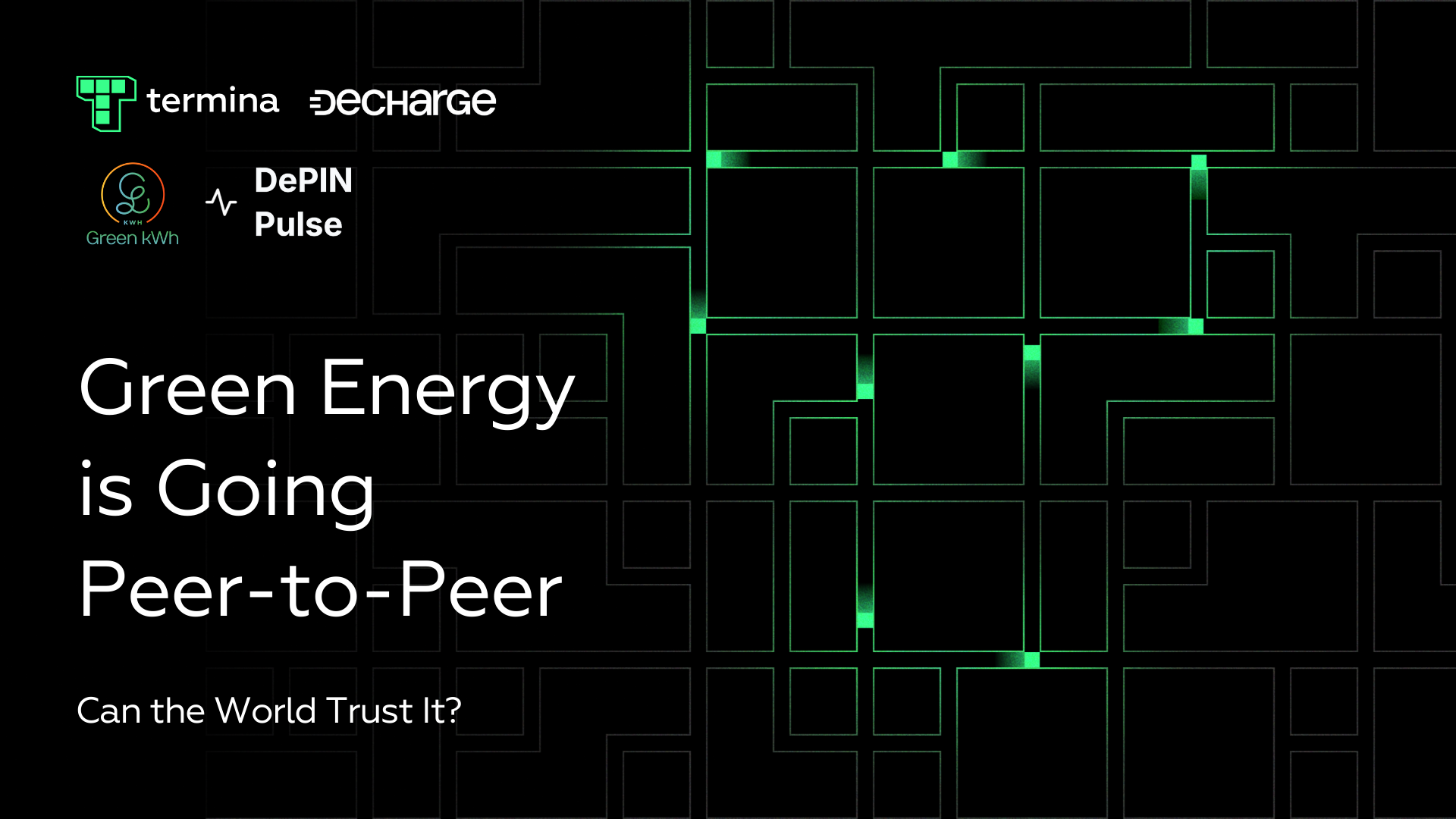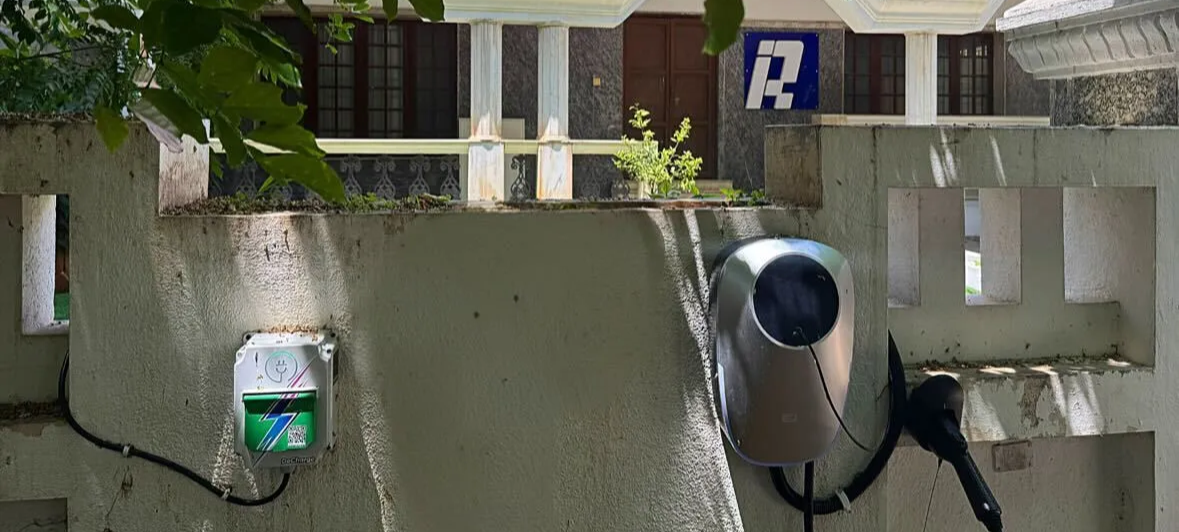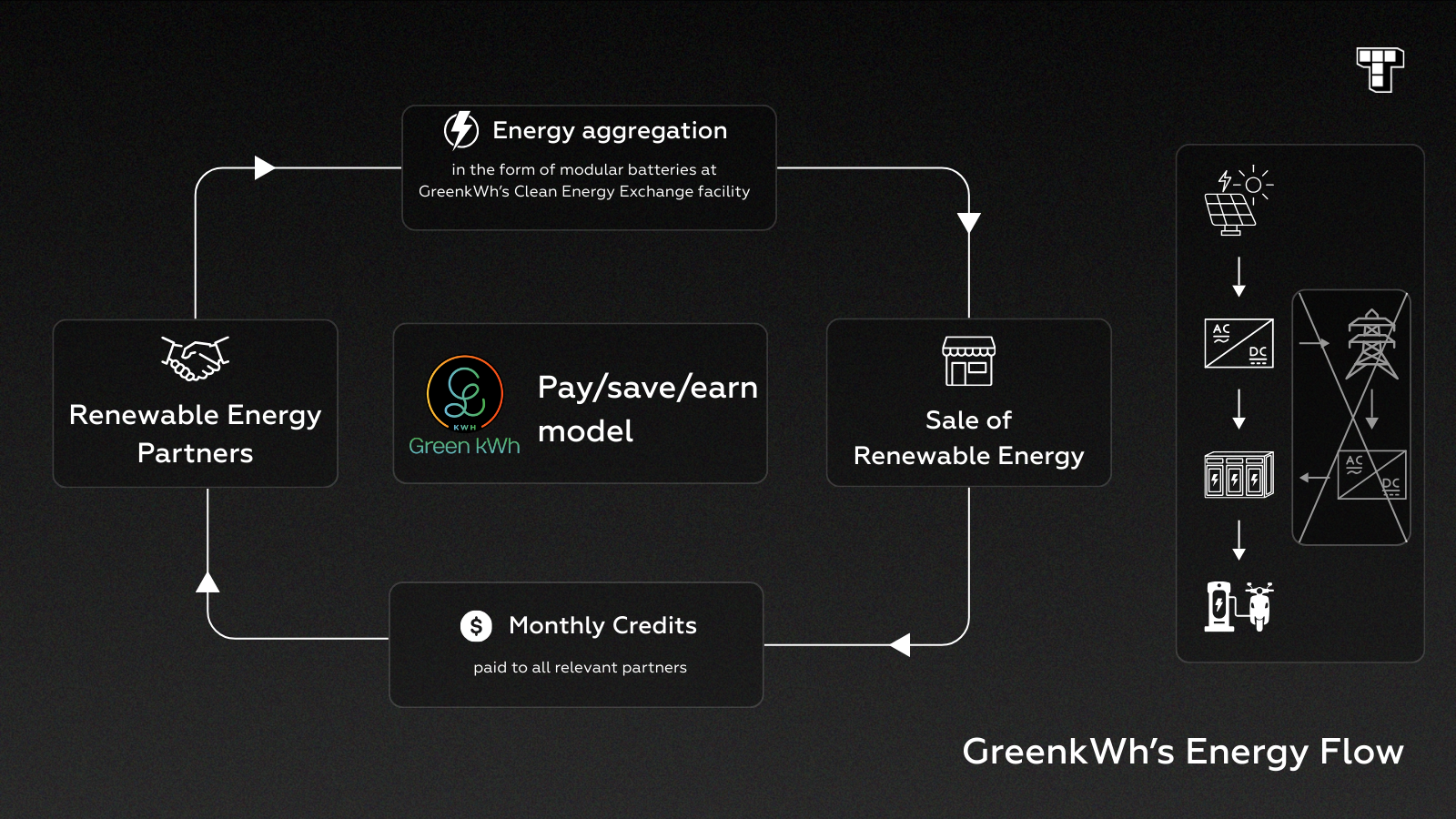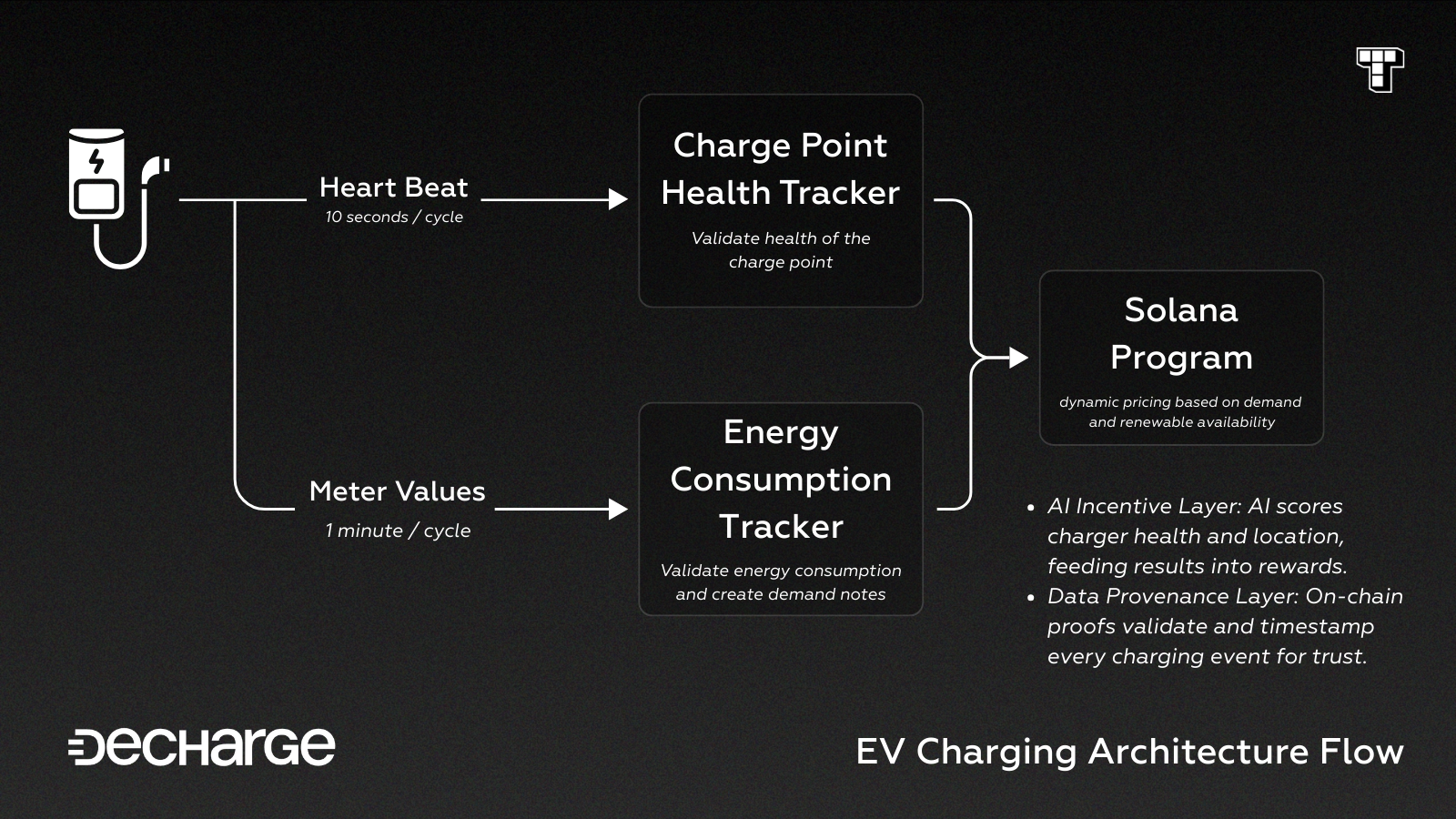
Special thanks to Sudhakar and Dr. Prakash for co-authoring this blog, as well as Nick Carpinito and Who Loves Burrito? from DePINPulse for reviewing and publishing this piece with us.
As 2025 shapes up to be one of the hottest years on record, urgency around decarbonization is at an all-time high. The economic stakes are substantial, and the global decentralized energy market is projected to grow from $103 billion in 2023 to $214 billion by 2032. However, traditional energy infrastructure has been bogged down by bureaucracy and sluggish deployment cycles and continues to lag behind. Grid infrastructure often takes 5-15 years to plan, permit, and build, far slower than the 1 to 5 years typically needed for new renewable energy projects, and under 2 years for EV charging infrastructure.
Amidst these challenges, an alternative has emerged: green energy DePINs, a community-driven energy networks that sidestep traditional bottlenecks by empowering everyday individuals to become energy producers. These networks tap into rooftops, parking lots, and unused lands to rapidly deploy clean energy solutions.
But as these DePINs expand, the essential question evolves from simply generating energy to proving that this energy is clean and trustworthy.
Two pioneering projects, GreenkWh and DeCharge, illustrate how DePINs can transform communities and economies rapidly, but also why verifiable proof is essential.
GreenkWh deploys solar panel systems and portable batteries to capture excess renewable energy and repurpose it for productive uses like EV battery swapping and backup power, uses that would otherwise rely on fossil fuels. To make that energy count, the network verifies each transaction with IoT sensors and pushes it on-chain.
“Each energy transaction is recorded on-chain as a verifiable digital asset,” said Sudhakar Gariganti, co-founder of GreenkWh. “This creates a tamper-proof audit trail of clean energy usage that can support everything from carbon credit issuance to decentralized incentives for franchises and energy producers.”
This verifiability not only builds trust, it turns rural energy into a revenue stream, enabling communities to monetize clean energy with transparency and credibility.

DeCharge operates a decentralized network of EV charging stations hosted by property owners, turning underused spaces into revenue-generating assets. This community-powered model helps close EV infrastructure gaps while providing the hosts with a passive income stream. Every charging session is backed by verifiable data, which ensures transparency for drivers and builds trust with regulators and ESG-minded businesses.
☝ Note: ESG, short for Environmental, Social, and Governance, is how companies demonstrate their environmental impact, social responsibility, and ethical governance, and it matters because regulators and partners increasingly demand verifiable proof of that performance.

These examples demonstrate DePIN's potential for green energy. However, without universally trusted data verification, their impact risks remaining unseen and untrusted, especially in critical markets such as ESG compliance and carbon credits.
Energy is inherently physical and local, but its impact, economically and environmentally, is global. Trust is the critical ingredient for DePINs to scale globally.
Traditionally, trust is mediated by central authorities such as auditors, regulators, and institutions. DePINs challenge this model by generating trust directly from their data: IoT-based records, blockchain ledgers, and transparent verification. In return, trust via proofs can directly be achieved in-house and significantly reduce reliance on intermediaries.
“If decentralized networks want to scale, they can’t rely on assumptions or goodwill," says Dr. Prakash Kamaraj, co-founder of DeCharge. “Choosing the right proof strategy and anchoring critical data such as energy source, usage, and settlement details to a public, immutable ledger is essential." Without such rigor, he notes, decentralized systems risk falling into the same traps as centralized utilities, ”opaque pricing, unverifiable greenwashing, and unnecessary tolls on access.”
When implemented successfully, this proof strategy transforms promises of clean energy into tangible economic and environmental value:
In short, verifiability determines whether the network is trustworthy, and by extension, economically viable.
GreenkWh and DeCharge don’t treat their proof systems as an afterthought, it’s a strategic foundation of their entire architecture.


Having verifiable data becomes a net positive for many green DePINs as it unlocks different tangible economic advantages, including:
Without verifiable proof, DePIN networks are simply clusters of devices. With proof, they become globally recognized solutions, capable of transforming local energy into global economic impact.
Green DePIN networks effectively solve the basic challenge of clean energy deployment. But real economic impact such as partnerships, credits, compliance, demands verifiable trust.
Data infrastructure, therefore, is just as critical as physical infrastructure like solar panels or batteries. Designing a robust, verifiable proof layer from day one isn't merely advantageous, it's also essential.
Systems embedding trust from the start position themselves strategically for global market leadership, leaving behind projects that treat verification as an afterthought.
For architects of green energy DePIN systems, the message is clear, the data verification pipeline deserves the same rigorous approach as the physical infrastructure. The next era of decentralized green energy isn’t just peer-to-peer, it’s fundamentally verifiable.
Design for trust and build energy networks the world can rely on.
This research article was prepared by Nitro Labs, developer of Termina’s Data Anchor, a proof-anchoring solution for Solana.